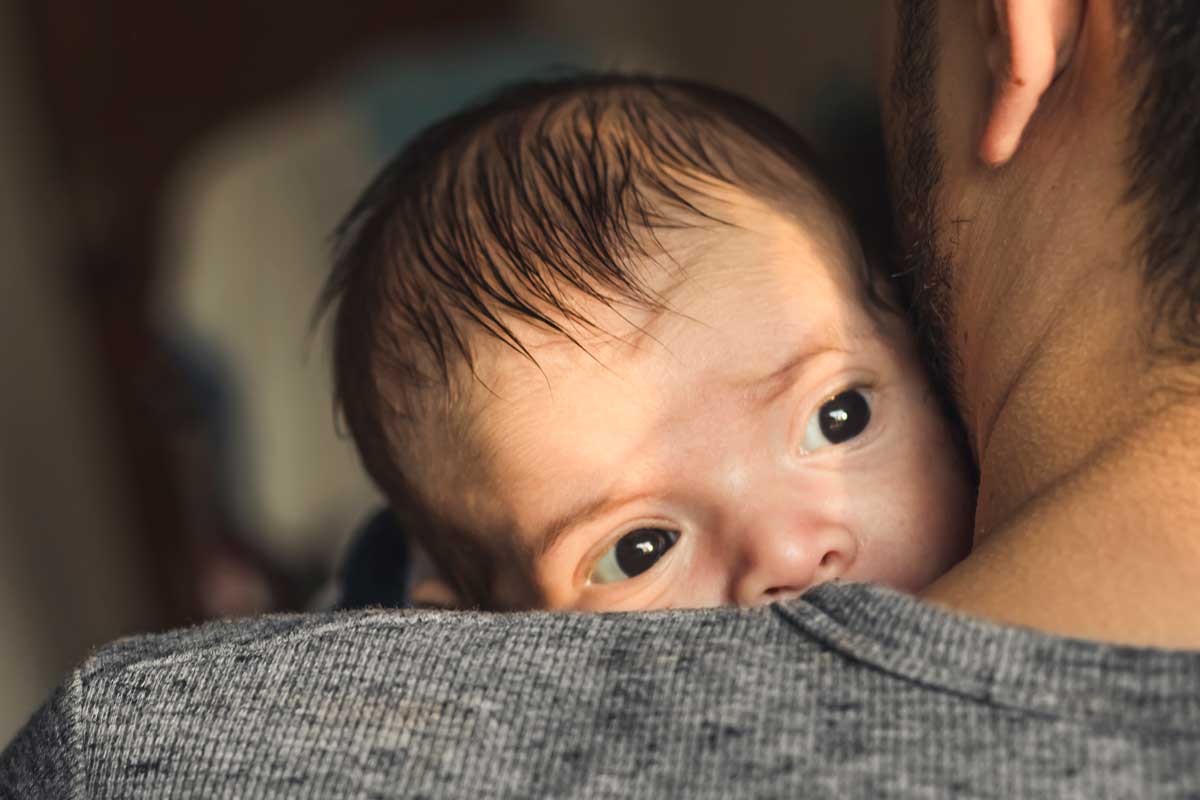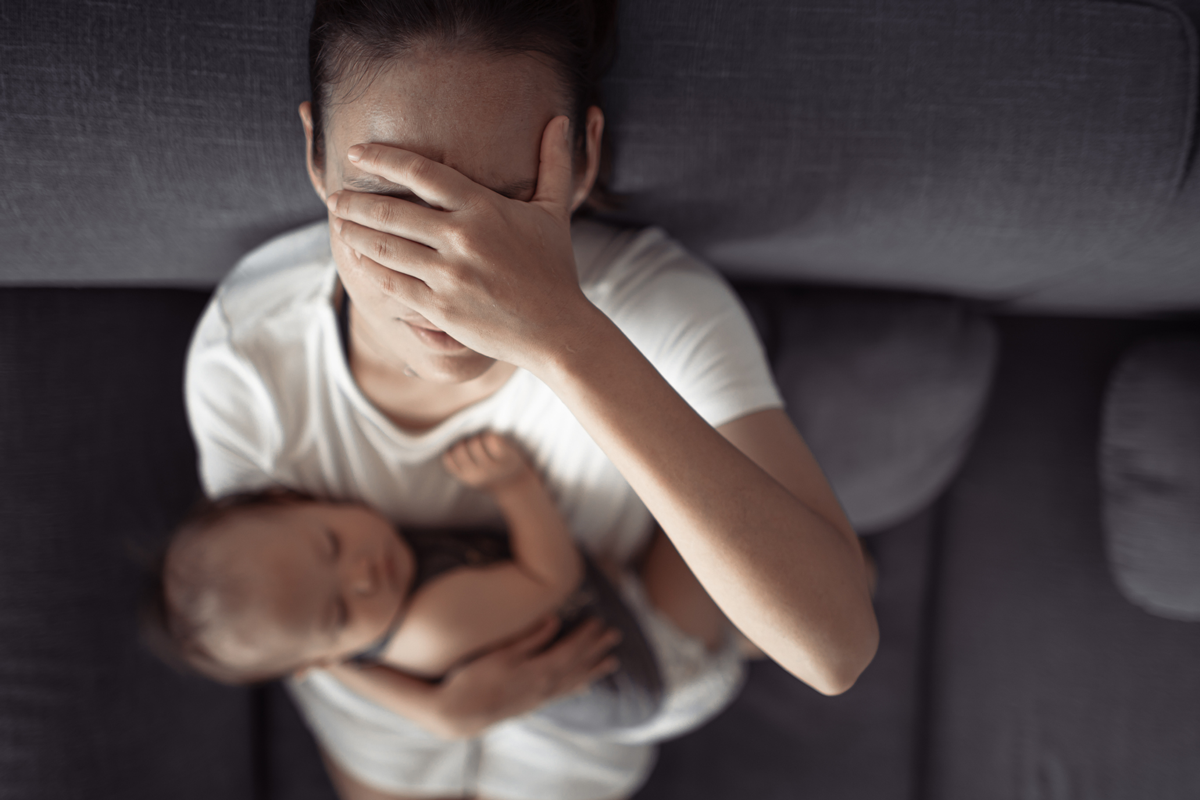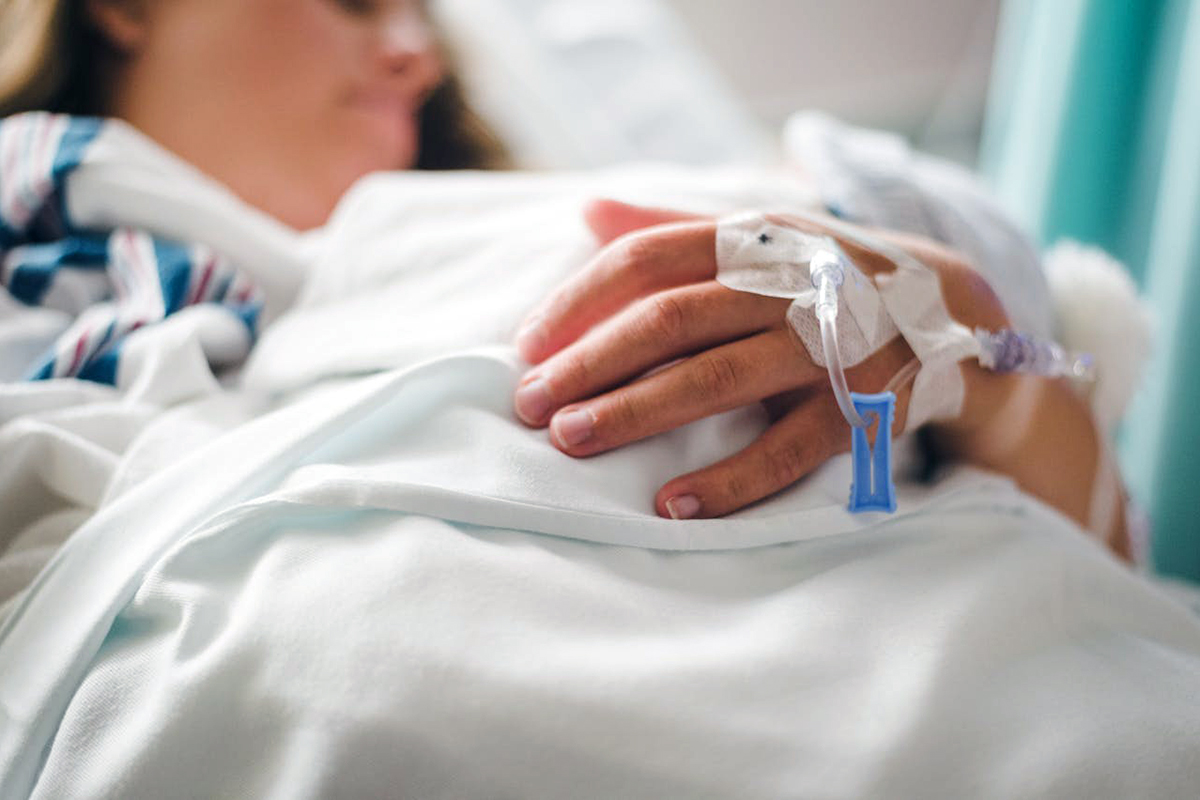The New York Times recently reported on a Swedish study that claimed that women who suffer from depression during or after pregnancy are at a higher risk for death by suicide later in life. This terrifies me, as I had postpartum depression. What is your assessment of this study?
—PPD Mom
This connection is a good example of where correlation is not causation.
The study referenced was run in Sweden, where the authors identified women with a history of postpartum depression and compared them with a matched set of controls without this diagnosis and compared their later risk of suicide. The group with postpartum depression had higher suicide risks later in life. However, there were also very important other differences — differences that were likely to play a huge role.
The women who were diagnosed with depression were more likely to have been depressed or had suicidal behavior before pregnancy, had lower income and less education, were more likely to live alone, and were more likely to have lost a child. These are all huge risk factors for suicide completely independent of postpartum depression. To argue for a causal link with the postpartum depression state specifically seems like a stretch. The history of depression and suicidality before pregnancy is almost certainly driving a lot of the results here.
Put differently: In the absence of these other factors, there isn’t strong evidence in these data that postpartum depression on its own has these long-term risks.
I will say, this paper is also a good example of where we can use a scary headline to prompt action rather than just fear. It is a reminder of the value of treating postpartum depression and a reminder that we should always be vigilant about mental health issues, for yourself and others.
Community Guidelines




















Log in